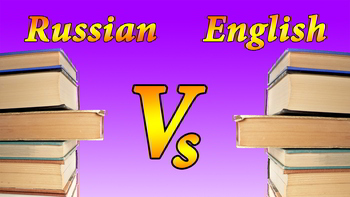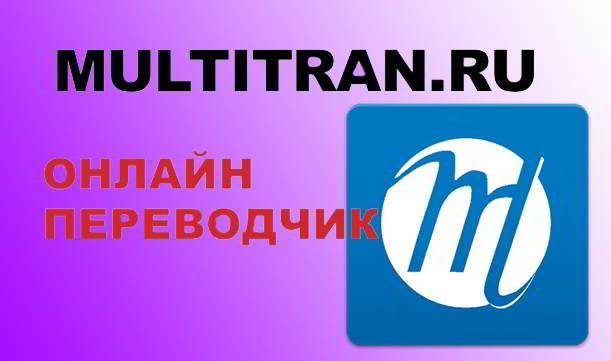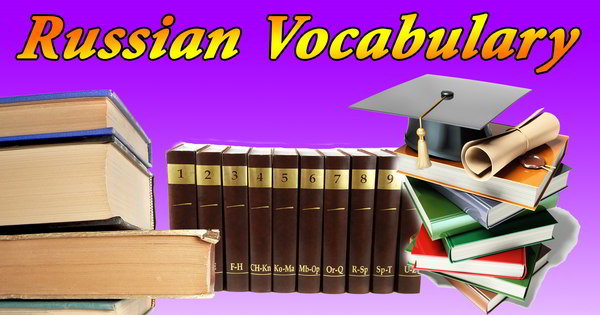Russian Vocabulary: the Peculiarities of Learning
Vocabulary is one of the most important things when it comes to studying a language. Very often your fluency at a foreign language is measured by the variety of words and phrases that you understand. The grammar is finite and it is attainable to study all the principles of the Russian grammar, whereas the vocabulary is infinite and it is hardly attainable to study all of the phrases present within the Russian language. You'll want to construct your vocabulary constantly all the way through your Russian learning process.
How is Russian Vocabulary Different From English?

Frequency Lists

Dictionaries

How to Learn New Vocabulary?
There are a lot of methods to memorize new vocabulary. Conventional strategies recommend that you simply create lists of phrases, sticky notes or cards for regular assessment of your command. You could possibly additionally print out Russian phrases and tape them on the objects they symbolize round your home. For instance, put the word "колонки [ka-LON-ki]" on your speakers. This will allow you to see the Russian words for these objects day by day, which can enhance your vocabulary. However, conventional strategies might be boring and ineffective. To make your learning more enjoyable check out more engaging Strategies for Memorizing Russian Vocabulary.
Now you know about Russian Vocabulary.
[rating_form id="1"]



